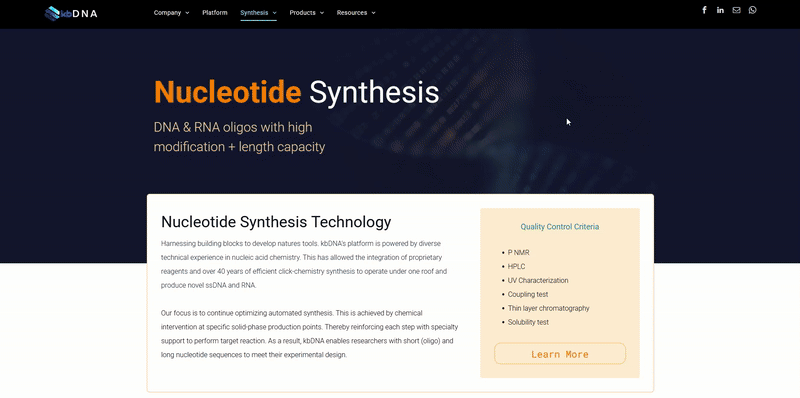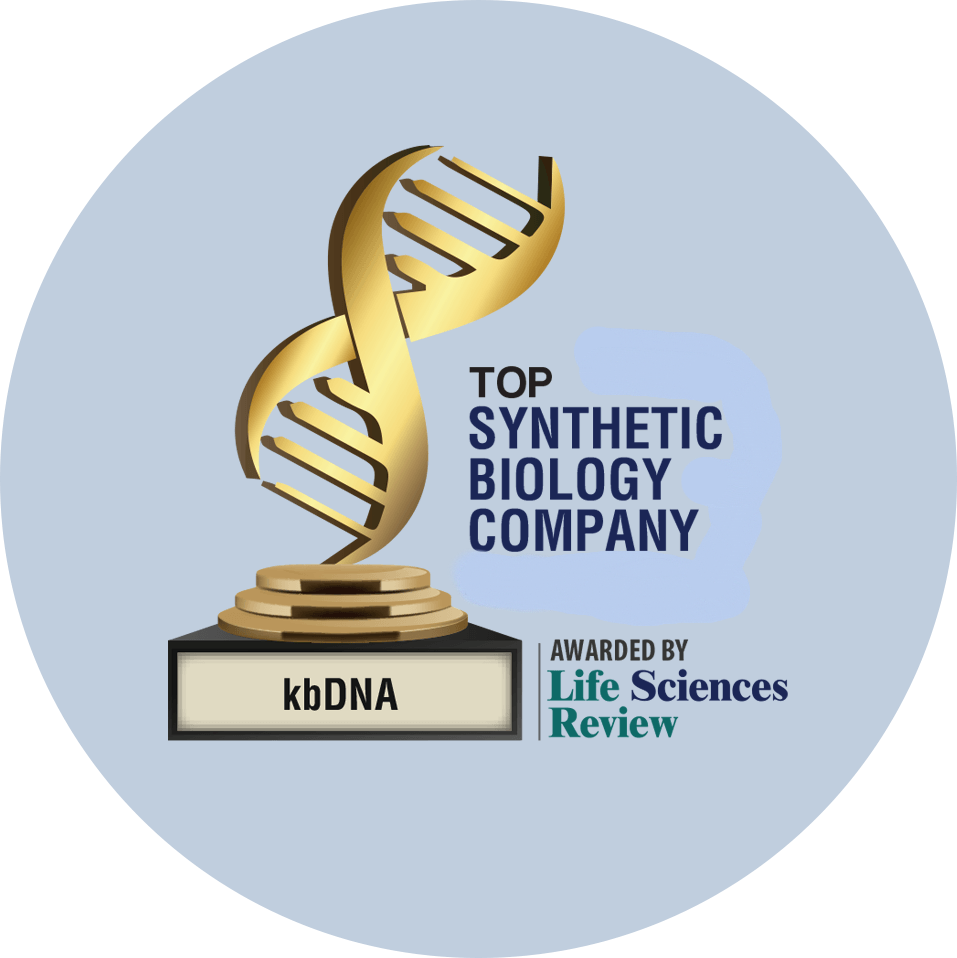Cardiac Troponin T
Recombinant ID:
1603
Request Datasheet
Gene of Interest
Gene Synonyms:
Protein Names:
Accession Data
Organism:
Homo sapiens (Human)
Mass (kDa):
35924
Length (aa):
298
Sequence:
MSDIEEVVEEYEEEEQEEAAVEEEEDWREDEDEQEEAAEEDAEAEAETEETRAEEDEEEEEAKEAEDGPMEESKPKPRSFMPNLVPPKIPDGERVDFDDIHRKRMEKDLNELQALIEAHFENRKKEEEELVSLKDRIERRRAERAEQQRIRNEREKERQNRLAEERARREEEENRRKAEDEARKKKALSNMMHFGGYIQKQAQTERKSGKRQTEREKKKKILAERRKVLAIDHLNEDQLREKAKELWQSIYNLEAEKFDLQEKFKQQKYEINVLRNRINDNQKVSKTRGKAKVTGRWK
Proteomics (Proteome ID):
Troponin T, cardiac muscle (TnTc) (Cardiac muscle troponin T) (cTnT)
Proteomics (Chromosome):
UP000005640
Mass Spectrometry:
N/A
Function [CC]:
Troponin T is the tropomyosin-binding subunit of troponin, the thin filament regulatory complex which confers calcium-sensitivity to striated muscle actomyosin ATPase activity.
Metal Binding:
N/A
Site:
N/A
Tissue Specificity:
Heart. The fetal heart shows a greater expression in the atrium than in the ventricle, while the adult heart shows a greater expression in the ventricle than in the atrium. Isoform 6 predominates in normal adult heart. Isoforms 1, 7 and 8 are expressed in fetal heart. Isoform 7 is also expressed in failing adult heart.
Disease:
Cardiomyopathy, familial hypertrophic 2 (CMH2) [MIM:115195]: A hereditary heart disorder characterized by ventricular hypertrophy, which is usually asymmetric and often involves the interventricular septum. The symptoms include dyspnea, syncope, collapse, palpitations, and chest pain. They can be readily provoked by exercise. The disorder has inter- and intrafamilial variability ranging from benign to malignant forms with high risk of cardiac failure and sudden cardiac death. {ECO:0000269|PubMed:10525521, ECO:0000269|PubMed:11034944, ECO:0000269|PubMed:12707239, ECO:0000269|PubMed:12974739, ECO:0000269|PubMed:15563892, ECO:0000269|PubMed:16199542, ECO:0000269|PubMed:21846512, ECO:0000269|PubMed:7898523, ECO:0000269|PubMed:8205619, ECO:0000269|PubMed:8989109, ECO:0000269|PubMed:9060892, ECO:0000269|PubMed:9140840, ECO:0000269|PubMed:9482583, ECO:0000269|Ref.19}. Note=The disease is caused by mutations affecting the gene represented in this entry.; Cardiomyopathy, dilated 1D (CMD1D) [MIM:601494]: A disorder characterized by ventricular dilation and impaired systolic function, resulting in congestive heart failure and arrhythmia. Patients are at risk of premature death. {ECO:0000269|PubMed:11106718, ECO:0000269|PubMed:11684629, ECO:0000269|PubMed:15542288, ECO:0000269|PubMed:15769782, ECO:0000269|PubMed:21846512}. Note=The disease is caused by mutations affecting the gene represented in this entry.; Cardiomyopathy, familial restrictive 3 (RCM3) [MIM:612422]: A heart disorder characterized by impaired filling of the ventricles with reduced diastolic volume, in the presence of normal or near normal wall thickness and systolic function. {ECO:0000269|PubMed:16651346}. Note=The disease is caused by mutations affecting the gene represented in this entry.
Mutagenesis:
N/A
Reagent Data
Name:
Troponin T, cardiac muscle (TnTc) (Cardiac muscle troponin T) (cTnT)
Class:
Subcategory:
Recombinant
Molecular Weight:
Source:
Species:
Human
Amino Acid Sequence:
Tag:
Format:
Solution
Formulation:
Sterile-filtered colorless solution
Formulation Concentration:
1mg/ml
Buffer Volume:
20mM
Buffer Solution:
Tris
pH:
8
Stabilizers
NaCl:
Null
Metal Chelating Agents
EDTA:
Null
Purity:
> 90%
Determined:
SDS-PAGE
Stained:
Inquire
Validated:
Inquire
Sample Handling
Storage:
4°C
Stability:
This bioreagent is stable at 4°C (short-term) and -70°C(long-term). After reconstitution, sample may be stored at 4°C for 2-7 days and below -18°C for future use.
Preparation:
Reconstitute in sterile distilled H2O to no less than 100ug/ml; dilute reconstituted stock further in other aqueous solutions if needed. Please review COA for lot-specific instructions. Final measurements should be determined by the end-user for optimal performance.












